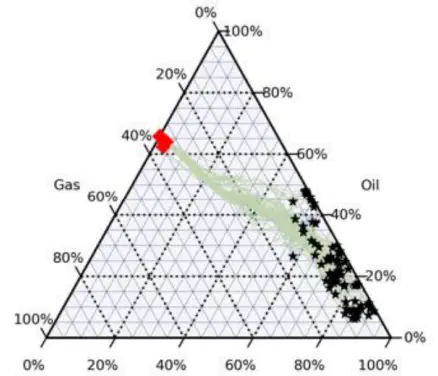Revealing Robust Oil and Gas Company Macro-Strategies using Deep Multi-agent Reinforcement Learning

Abstract
The energy transition potentially poses an existential risk for major international oil companies (IOCs) if they fail to adapt to low-carbon business models. Projections of energy futures, however, are met with diverging assumptions on its scale and pace, causing disagreement among IOC decision-makers and their stakeholders over what the business model of an incumbent fossil fuel company should be. In this work, we used deep multi-agent reinforcement learning to solve an energy systems wargame wherein players simulate IOC decision-making, including hydrocarbon and low-carbon investments decisions, dividend policies, and capital structure measures, through an uncertain energy transition to explore critical and non-linear governance questions, from leveraged transitions to reserve replacements. Adversarial play facilitated by state-of-the-art algorithms revealed decision-making strategies robust to energy transition uncertainty and against multiple IOCs. In all games, robust strategies emerged in the form of low-carbon business models as a result of early transition-oriented movement. IOCs adopting such strategies outperformed business-as-usual and delayed transition strategies regardless of hydrocarbon demand projections. In addition to maximizing value, these strategies benefit greater society by contributing substantial amounts of capital necessary to accelerate the global low-carbon energy transition. Our findings point towards the need for lenders and investors to effectively mobilize transition-oriented finance and engage with IOCs to ensure responsible reallocation of capital towards low-carbon business models that would enable the emergence of fossil fuel incumbents as future low-carbon leaders.